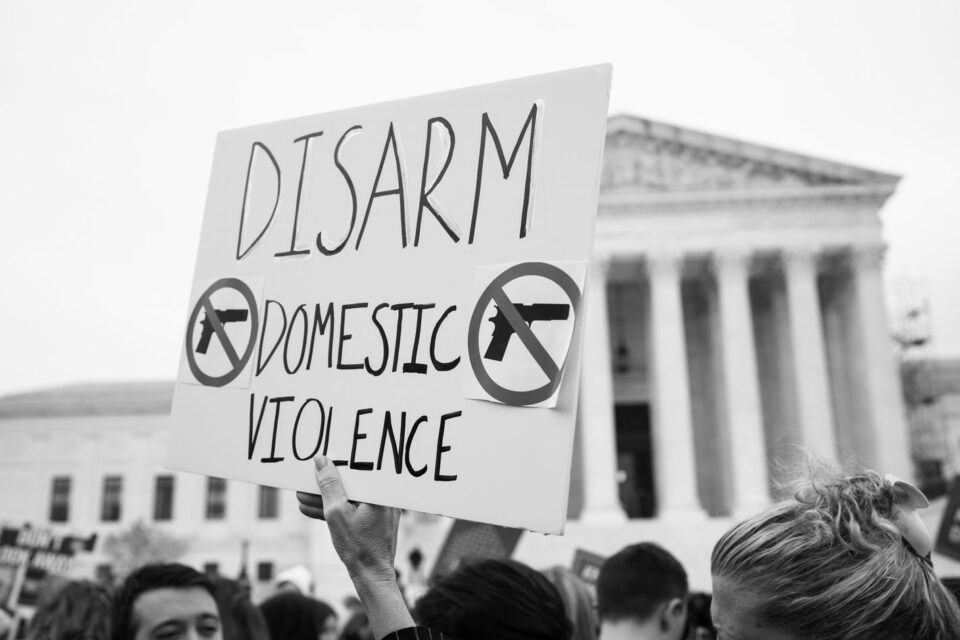[ad_1]
Photo: Bill Clark/CQ-Roll Call, Inc via Getty Images
On Thursday, the Supreme Court ruled 8–1 to uphold a federal law that bans people who’ve been subject to a domestic-violence restraining order from owning firearms. The decision is a major victory for gun-safety advocates who say the law, which has been in place for 30 years, is a crucial tool allowing survivors to protect themselves from their abusers.
United States v. Rahimi was the first major gun-rights case to come before the Court since the conservative supermajority dramatically broadened the scope of the Second Amendment two years ago. Gun-rights advocates argued the restraining-order law was unconstitutional, but the Court disagreed. “When an individual has been found by a court to pose a credible threat to the physical safety of another, that individual may be temporarily disarmed consistent with the Second Amendment,” Chief Justice John Roberts wrote in the majority opinion. Only Justice Clarence Thomas dissented.
The case was brought forward by Zackey Rahimi, a Texas man who in 2020 was placed under a domestic-violence restraining order and banned from possessing firearms. Afterward, police say Rahimi was involved in five separate shootings, and a grand jury indicted him on charges of violating a federal law banning people under a restraining order from owning guns. His public defender argued that the 1994 law was unconstitutional, but he failed to convince either the federal judge overseeing Rahimi’s case or the Fifth U.S. Circuit Court of Appeals.
However, after the Supreme Court’s 2022 decision in New York State Rifle & Pistol Association v. Bruen, which found that gun restrictions must fit within the nation’s “historical tradition,” the Fifth Circuit reversed its previous decision. The appeals court, which is the most conservative in the nation, both vacated Rahimi’s conviction and ruled the federal law was unconstitutional. In its majority opinion in Rahimi, the Supreme Court ruled that “the Fifth Circuit erred in reading Bruen to require a ‘historical twin’ rather than a ‘historical analogue.’ The panel also misapplied the Court’s precedents when evaluating Rahimi’s facial challenge.”
Advocates have said the restraining-order law is one of the few avenues that survivors have to protect themselves from further harm at the hands of their abusers. The link between firearms and domestic violence in the U.S. is clear: Research shows that women are five times more likely to be killed by their intimate partners when those partners have access to a gun. About 70 women on average are shot and killed by an intimate partner each month in the U.S.
“Our country has stood at a tipping point, with the safety of survivors of domestic violence on the line. But today, we took a step toward protecting millions from their abusers,” Janet Carter, senior director of issues and appeals at Everytown Law, said in a statement. “This is a major victory for gun safety in the courts, but make no mistake — we should not have been here in the first place. Lower court judges should never have been allowed to put their interpretation of early American history ahead of the lives of countless women and families across the country.”
Andrea González-Ramírez , 2024-06-21 17:26:22
Source link
[ad_2]



